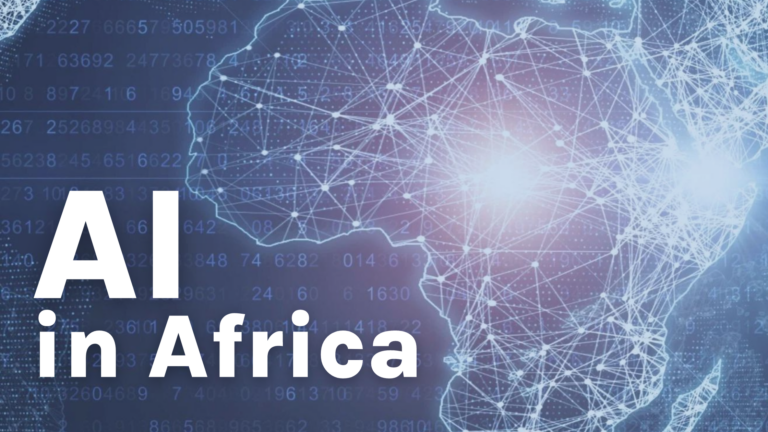The discussions at the UNECA conference highlight a growing recognition of the importance of AI in driving economic development and social progress in Africa.
Experts are stressing how important it is for Africa to adopt supportive policies and strong infrastructure to take advantage of the enormous development opportunities that Artificial Intelligence (AI) presents as the world moves further into this era.
During a panel discussion on ‘Fostering prosperity through policies on artificial intelligence in Africa,’ held on the sidelines of the 56th Session of the United Nations Economic Commission for Africa (UNECA) Conference of African Ministers of Finance, Planning, and Economic Development (COM) in Zimbabwe, experts underscored the transformative potential of AI for the continent.
According to a statement by UNECA, the consensus among experts was that Africa stands to benefit significantly from AI if appropriate policies and infrastructures are put in place.
“It was important to have the right policies to regulate the use of AI and also avert its risks, but Africa should not wait to have the regulations in place to embrace the technology,” said Ousman Bah, Gambian Minister of Communications and Digital Economy.
Research presented at the panel discussion revealed that AI technology could contribute up to 15.7 trillion U.S. dollars to the global economy by 2030, with Africa potentially generating 1.2 trillion U.S. dollars of this, representing a substantial 5.6 per cent increase in the continent’s gross domestic product by the same year.
Fayaz King, Deputy Executive Director at the United Nations Children’s Fund (UNICEF), emphasized the necessity of developing and deploying AI approaches that are inclusive, ensuring that marginalized communities in Africa are not left behind in the technological advancement.
Sandra Makumbirofa, Senior economist at Research ICT Africa, highlighted AI’s transformative potential in boosting African economies through financial inclusion, employment creation, and enhanced public service delivery. However, she noted that the bulk of the market value of AI is currently concentrated in the United States and China, stressing the importance for African countries to actively participate in global forums to safeguard their interests.
Baratang Miya, Chief Executive of Girlhype Coders Academy, emphasized the role of governments in regulating and incentivizing stakeholders across AI value chains, particularly focusing on small and medium-scale enterprises to foster innovation and ensure equitable access to AI technologies.
Miya also stressed the importance of establishing ethical frameworks for the development and deployment of AI, advocating for measures such as data privacy, security, transparency, and accountability in AI systems.
“We really need data that speaks to Africa itself, and by doing so, Africa can empower its citizens and encourage innovation and efficiency,” Miya emphasized.
The discussions at the UNECA conference highlight a growing recognition of the importance of AI in driving economic development and social progress in Africa. However, the consensus is clear: to fully harness the potential of AI, Africa needs not only to embrace the technology but also to implement supportive policies and build robust infrastructure that ensures inclusivity and ethical use of AI systems.
As the continent looks to the future, the challenge lies in translating these discussions into concrete actions that will enable Africa to leapfrog its development through the power of Artificial Intelligence.
